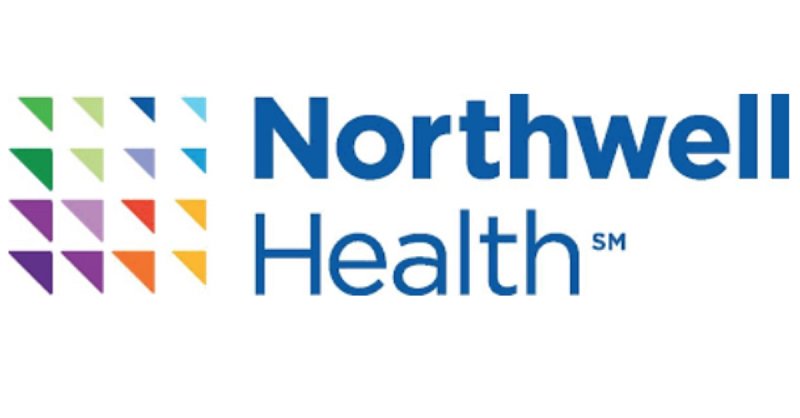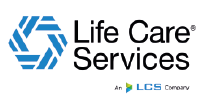How To Deal With Nurse Burnout
Healthcare professionals, particularly nurses, encounter high-stress situations every day. Work-related stress, often inevitable in patient care, can lead to nurse burnout if not addressed promptly. Nurse burnout is a condition that arises from prolonged exposure to job-related stress, manifesting through physical, emotional, and mental symptoms.
What is Nurse Burnout?

In a comprehensive study published by NCBI, nurse burnout symptoms are closely linked to chronic workplace stress, which affects mental health, job performance, and patient safety. The research emphasizes that burnout is multifactorial, driven by high patient loads, insufficient resources, and lack of emotional support in the workplace. Understanding the signs and symptoms of nurse burnout and learning how to prevent nurse burnout are essential steps toward maintaining a healthy workforce and improving patient care.
Signs and Symptoms of Nurse Burnout
Burnout in nurses is not an officially diagnosable disorder, but it is a serious issue that can have lasting effects on both the healthcare professional and their patients. Nurse burnout is driven by the emotional and physical demands of the profession, including long shifts, understaffing, and dealing with life-and-death situations regularly. These factors can lead to fatigue, emotional exhaustion, and a sense of being overwhelmed, which, in turn, impacts job satisfaction and performance. Recognizing the early signs and symptoms of nurse burnout is crucial for intervention before it escalates into chronic stress or long-term health problems. Here are the primary indicators:
- Chronic Fatigue: One of the most common signs of nurse burnout is persistent tiredness. While it’s normal to feel tired after a long shift, starting a shift already feeling exhausted could indicate burnout. This may be due to insufficient rest, working too many consecutive shifts, or overall emotional exhaustion.
- Irritability or Aggressive Behavior: Burnt-out nurses often experience resentment towards their job or colleagues. They may develop a negative attitude, feel underappreciated, or become hostile when asked to perform routine tasks. This can impact team dynamics and patient care.
- Loss of Enthusiasm or Professionalism: Nurses are expected to juggle multiple roles – caregiver, colleague, and team player. A nurse experiencing burnout may struggle to maintain enthusiasm for their responsibilities, leading to a lack of professionalism and engagement with patients, coworkers, or supervisors.
- Inability to Cope with Changes: Hospitals and healthcare facilities are constantly evolving. Changes in policy, scheduling, or staff management can overwhelm a nurse suffering from burnout, making it difficult for them to adapt.
- Personality Shifts: Nursing is inherently social, requiring regular interaction with patients and colleagues. A sudden withdrawal from social engagement or becoming more introverted could be a sign of emotional exhaustion or burnout.
- Physical Symptoms: Burnout may manifest physically through frequent headaches, weakened immune response, changes in appetite, and a general feeling of being drained. These symptoms can lead to more severe health conditions like insomnia, depression, and anxiety if left unaddressed.
How to Prevent Nurse Burnout
Preventing burnout in nurses requires proactive measures to ensure a balanced and supportive work environment. Understanding how to prevent nurse burnout can help healthcare professionals manage stress more effectively and promote overall well-being. Here are some strategies to reduce the risk of burnout:
- Identify Stressors in the Workplace: Different work environments present different stress factors. Nurses should identify specific sources of stress and address them before they escalate. Talking to a nursing manager or seeking peer support can help mitigate ongoing stressors.
- Take Regular Breaks: Nurses often feel the pressure to work through breaks or neglect time for rest. It’s important to take mental breaks, even if brief, to reset. Avoid checking your phone during these moments and instead, step outside for fresh air or practice mindfulness to recharge.
- Communicate with Managers or HR: If workplace challenges are persistent, nurses should feel empowered to speak with their manager or HR representative. Open communication can lead to necessary changes in workload, scheduling, or overall job expectations.
- Prioritize Self-Care: Maintaining a healthy lifestyle is one of the most effective ways to cope with stress and avoid burnout. Nurses should ensure they get adequate sleep, reduce caffeine and alcohol intake, and avoid unhealthy snacking, which can lead to energy crashes. Regular exercise and activities outside of work can also help balance the demands of the job. Proactive interventions such as mindfulness practices, mental health support, and workplace reforms to address the root causes of burnout.
- Use Scheduling Tools: In organizations where scheduling tools like the CliniShift App are available, nurses can take control of their work schedules. These tools can help manage shifts more effectively, reducing the chances of burnout due to overwork.
- Seek Professional Help: If a nurse feels overwhelmed by burnout, seeking professional help can be crucial. In countries like Ireland, support groups through Aware.ie are available to help with stress and anxiety. In the UK, nurses can find resources through NHS.UK, while U.S. professionals can turn to the ADAA.org for assistance.
By recognizing the early signs and symptoms of nurse burnout and taking action on how to prevent nurse burnout, healthcare organizations can create healthier, more productive work environments. This not only benefits nurses but also ensures higher quality patient care and overall job satisfaction.








